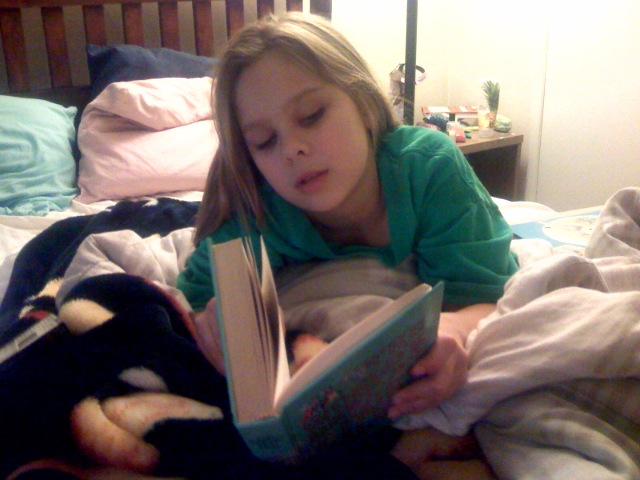The session I most wanted to attend at the National Conference on Education was on addressing opioid abuse. It did not disappoint as the presenter, Dr. Ember Conley provided not just a lot of information I didn’t know but also tangible steps that communities can take. She also gave a lot of references for books and movies that are now on my reading/ watching list for the week.
Opiates are not just a rural, poor district problem.
She started with a story about two eighth-grade students who died from a drug overdose. This was in a very affluent community in Utah. One new thing I learned today was that Utah has the fourth-highest rate of overdoes in the nation. A second surprising fact was that the students had gotten these drugs from someone who had bought a synthetic opioid eight times stronger than heroin LEGALLY over the Internet. The drug is illegal now, but it’s too late for the 50 people who died.
Advice #1 : Track your kids’ debit card use
The sad story is that parents who had gotten their kids debit cards to teach them some responsibility never considered that they would use those cards to buy drugs on the Internet that could kill them. Seriously, who would think that?
Advice # 2: Break down the barriers between first responders, schools and social services
When a student is admitted to the hospital for drug overdose, to a mental hospital for a suicide attempt, typically, the school is not notified. The parents don’t want to talk about it, the kid doesn’t want to talk about it. So, they go right back into school with no support because all the school knows is that they were “gone”. Providing information to schools lets them know what kids need extra help. In the example in this presentation, the schools and social services also provided the police with a list of names of kids who were on their “watch list” for having serious problems. While this may seem like a breach of confidentiality, recall that two children at their school had just died. The schools and hospitals signed Memorandum of Understanding to share data.
Advice 3: Keep Narcan kits at school for drug overdose
I had never heard of Narcan or Naloxone before. These kits include medication that can be used to quickly reverse an opioid overdose. In some states you need a standing order from a physician to have these but in others the law allows schools to maintain the medication without a physician’s order. A couple of other superintendents attending this session told me that that their schools kept the kits on hand not for the students as much as for PARENTS that sometimes came to school high and overdosed. So, there’s another thing I know now.
Advice #4: Give Kids Positive Alternatives
Anyone in education has seen kids who get more and more stressed as breaks approach. Often, these are kids who have some type of problem in the home and they’re stressed about the idea of a huge block of time when they have nowhere else to go. Adding more free activities in libraries, parks and community centers give kids some place else to go. (As a former kid who took advantage of those activities, I strongly approve this message.)
To be continued ….
There was more super helpful information but since I just got home on a cold, rainy evening and I have to take off now to teach judo, I’ll write about that tomorrow.

Also, just a reminder that if you are interested in all things education (with an occasional side of snark) you can sign up for a weekly newsletter here.
